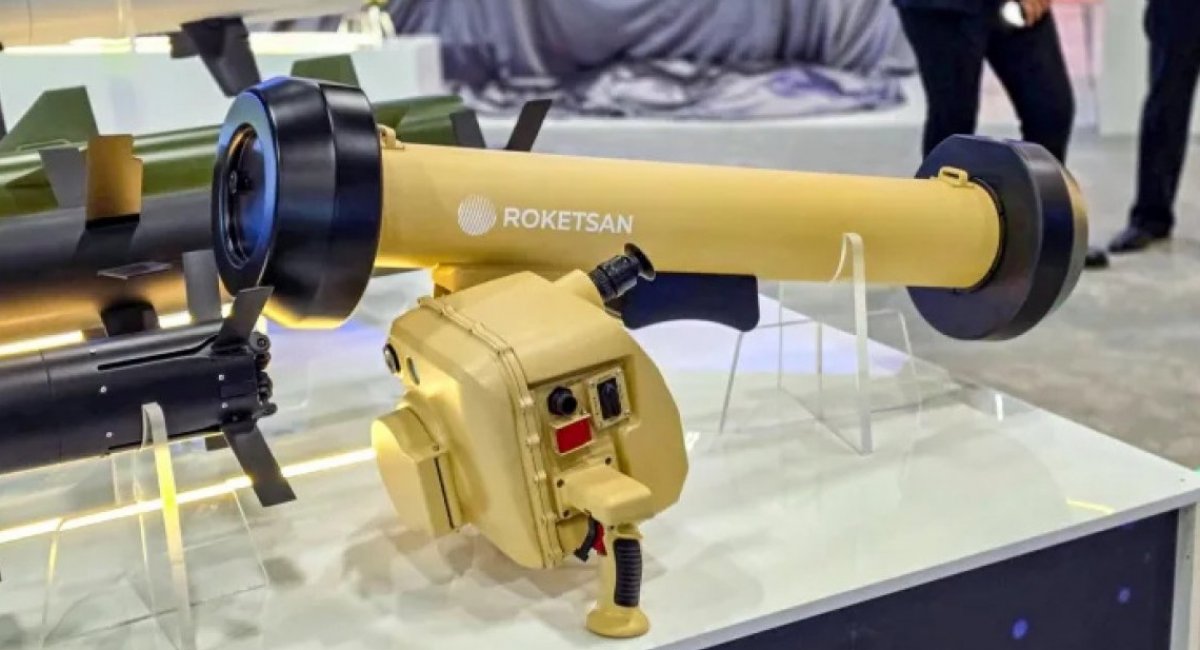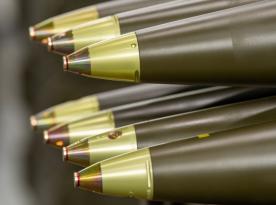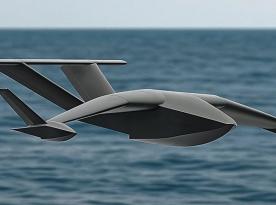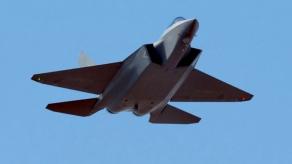Turkish defense company Roketsan is promoting its KaraOK anti-tank guided missile system on the international market as an analog to the American Javelin. The company has already secured an export contract with Malaysia, which is set to receive the system in early 2026.
The deal includes the purchase of 18 launchers and over a hundred missiles, intended to replace the Malaysian military’s russian Metis-M ATGMs. The contract also covers training for personnel and instructors using virtual simulators and live-fire exercises.
Read more: Which Country Quietly Joined the Operators of Piorun MANPADS — and How It Could Help Ukraine
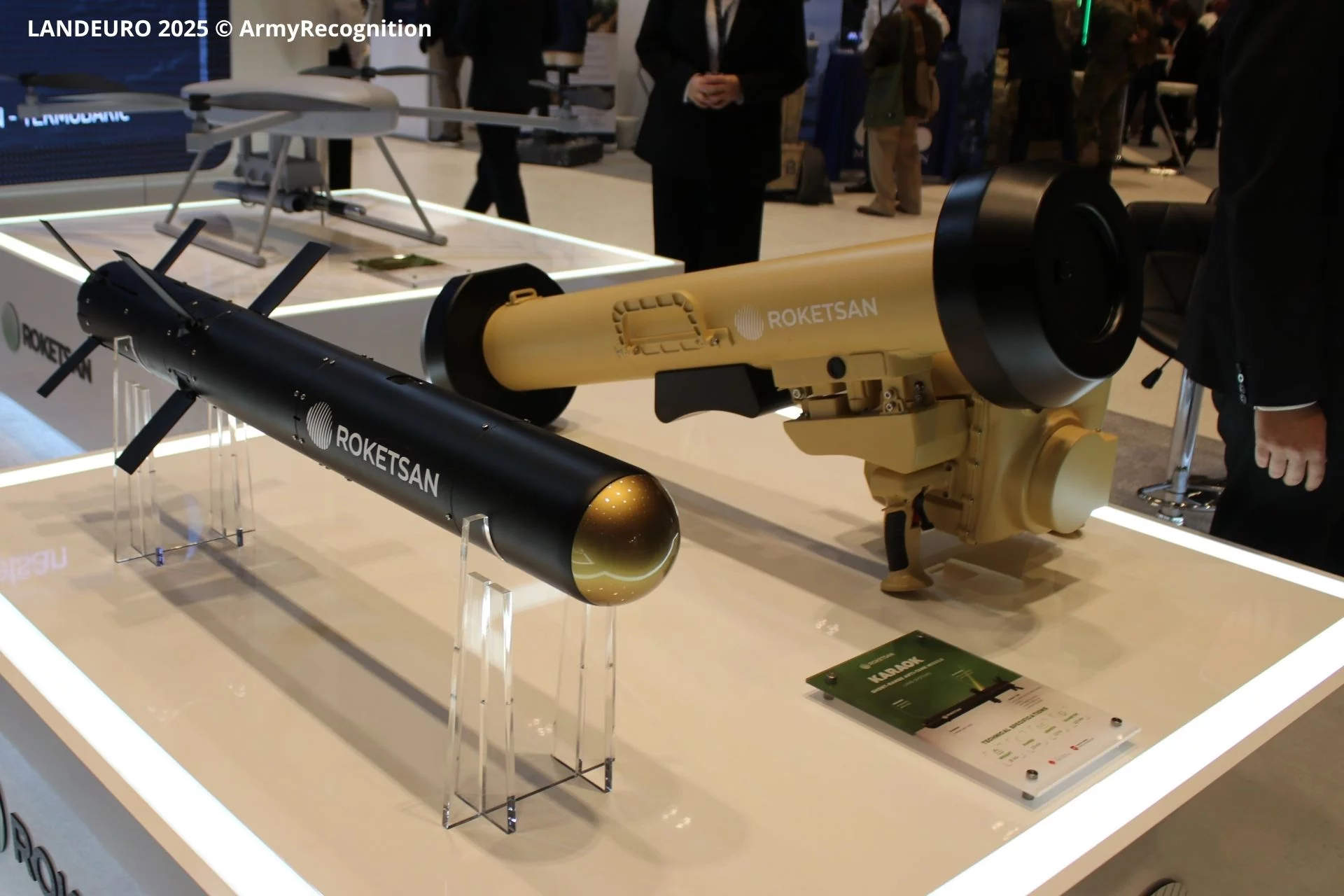
KaraOK is a typical third-generation man-portable anti-tank missile system with an effective range of 2.5 km and a "fire-and-forget" guidance principle. It features a tandem warhead designed to defeat modern armor.
A key advantage of the Turkish system is its reduced weight of 16 kg compared to 22 kg for the American FGM-148 Javelin, making it easier to carry and increasing infantry mobility on the battlefield.
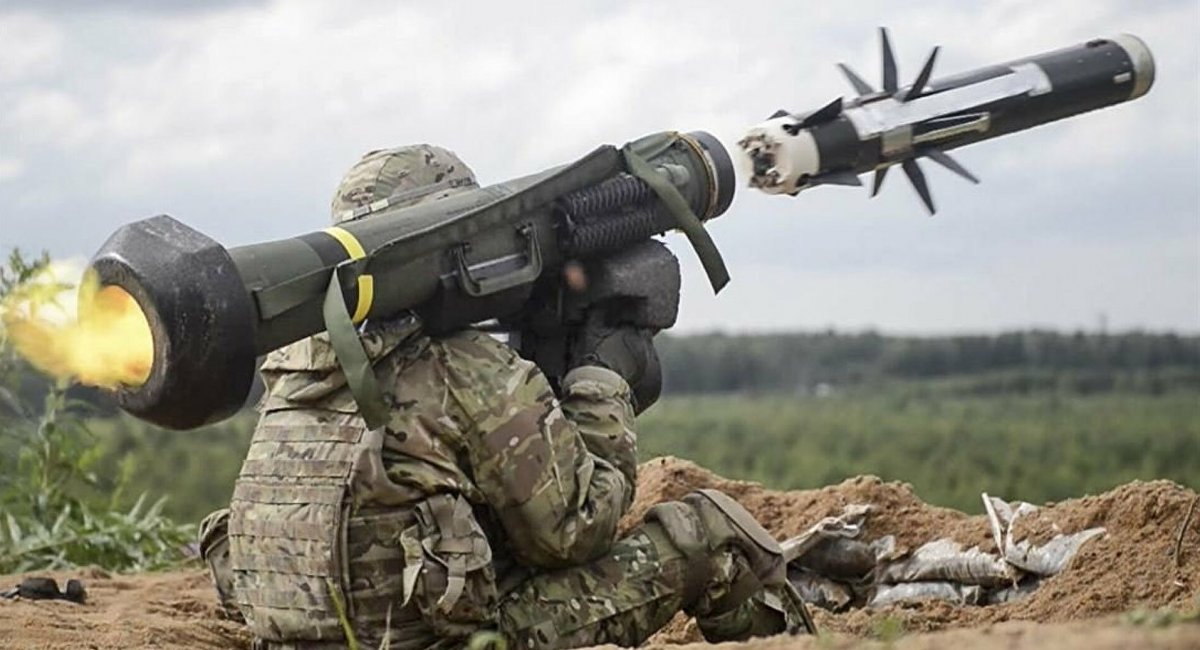
Some may argue that in the age of drone dominance, investing in anti-tank missile systems is costly and inefficient, as attack drones are generally cheaper and more flexible.
However, this view overlooks the fact that ATGMs, while more expensive, remain a far more reliable means for target destruction and armor penetration. For example, anti-drone nets and barriers, which proved ineffective against missiles, were mocked in February 2022, when Ukrainian ATGMs successfully breached russian slat armor and thus thwarted mechanized assaults in the early days of the invasion.
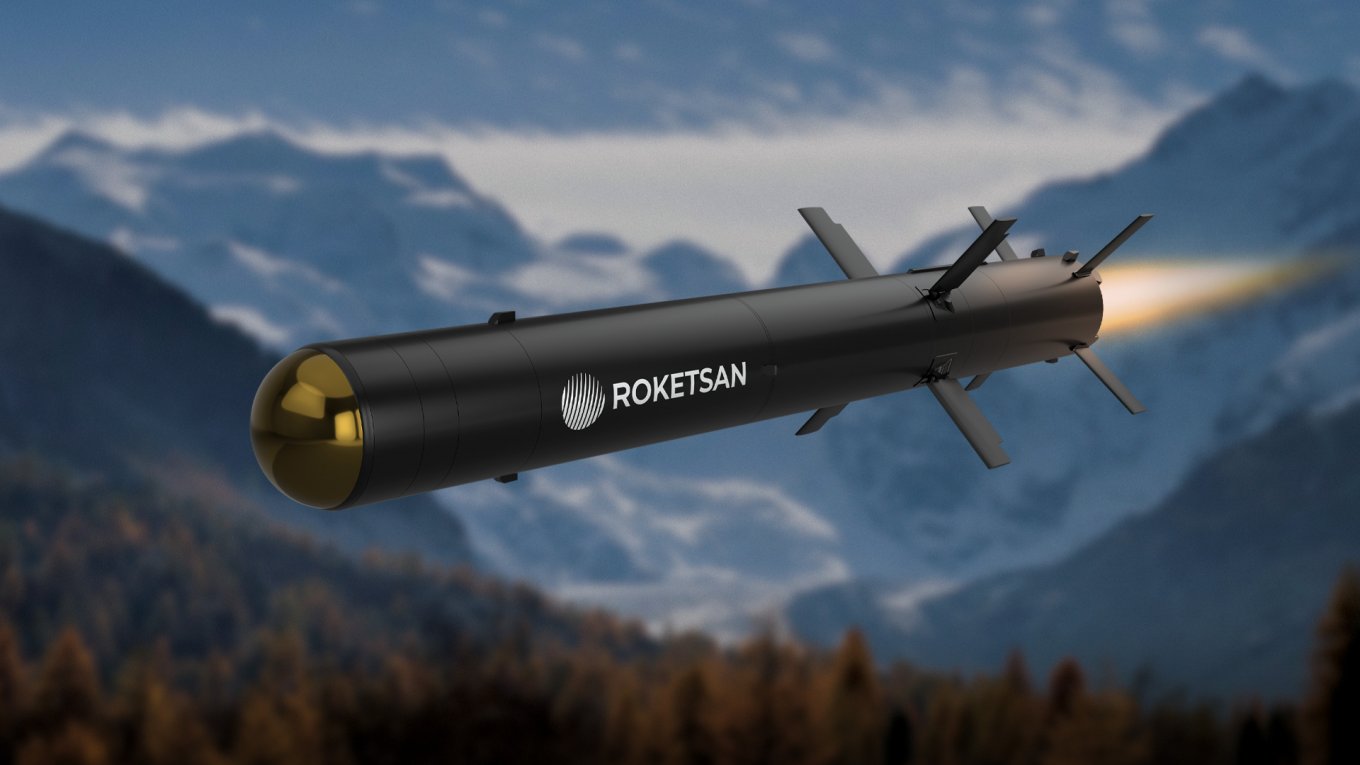
Therefore, KaraOK has export potential, especially if it proves lighter and cheaper than existing alternatives. It would be promising to see it adopted by Ukraine, though current funds might be better spent on UAVs.
Within Türkiye itself, the Roketsan ATGM is already in service, with Malaysia as its sole foreign operator so far. Considering the system’s recent introduction, this is a positive outcome.
Read more: Turkey Unveils Unique Kamikaze Drone-Ground Effect Vehicle That Flies Inches Above the Sea to Hunt Ships




